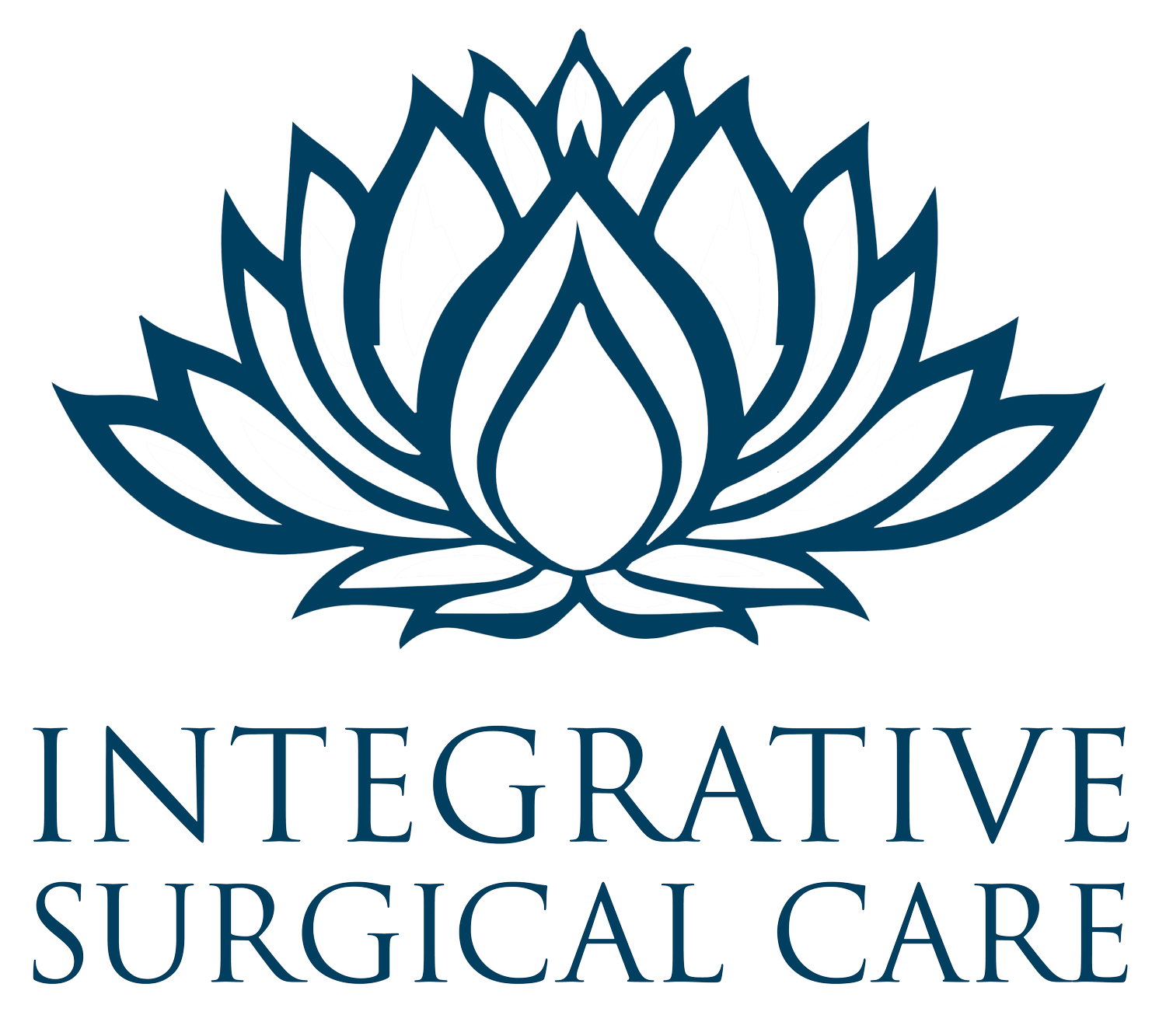Frequently Asked Questions
-
What is in the Surgery Ready Supplement?
Surgery Ready has vitamins A, C, and D, the mineral zinc, and the amino acid arginine. All are important building blocks for healing surgical wounds inside and out. None of these will increase bleeding in surgery.
-
My surgeon says to stop taking all supplements. Does this include the Surgery Ready supplement that I am taking before surgery?
There is often a long list of supplements to stop taking and it is easier to tell all patients to stop all supplements. Surgery Ready was made specifically so that it will NOT cause any adverse effects in surgery. If you have any concerns, ask your surgeon (not the staff working for the surgeon, but the surgeon her/himself) specifically about these ingredients.
-
Why would I have to stop supplements or vitamins?
Some herbal and vitamin supplements are known to increase bleeding time, meaning the body takes longer to make a clot. This is important because we rely on these clots in surgery. A few common vitamins and supplements that cause this include Vitamin E, Bromelain, Fish Oils, Garlic, Ginseng, Gingko, White Willow Bark, and turmeric/curcumin.
There are also many medicines that your surgeon might have you stop taking, including ibuprofen, aspirin, meloxicam (Mobic) and diclofenac (Voltaren.)
-
How does the Recovery Kit help?
The recovery kit takes into consideration the discomforts of the surgical patient beyond the incision and surgery done. This includes poor sleep, anxiety over surgery, dry skin, poor gut bacteria health, dehydration, dry lips, and sore spots from lying still and having IVs. Attention to details will make your overall recovery much better.
-
What is a Surgical Doula?
Because surgery is a big deal and weighs heavily on your mind, body, and spirit, our Surgical Doula coaches and nurtures you through this difficult process. By helping you optimize your sleep, stress, pain, inflammation, diet, nutrition, and microbiome, you will have better experience and outcomes with your operation.
-
What is the #1 complaint after any operation?
Believe it or not, constipation is the top complaint, because almost everyone gets narcotic pain medicine in surgery or takes some afterwards and it affects the colon by slowing it WAY DOWN. I have all of my patients take Miralax 1-2 times daily when using the prescription pain medication.
-
Will I get addicted to the pain medication from surgery?
The scary answer is…maybe. When we limit the use of prescription pain medication to about 3 days, the chances of addiction go down a lot. There are many ways to lower your risk of addiction, so make sure your surgeon knows your concern and they can help you through it.
-
Can I drive after surgery?
Not for at least 24 hours after sedation or full anesthesia. After that the answer becomes very procedure/surgery dependent. One basic rule is that you cannot drive if you are still using the narcotic pain medication. A second rule I tell patients is that before getting on the road, they should sit in the driver's seat and slam on the brake and quickly turn their head in both directions and see how they feel. Driving is pretty easy when it is straightforward (pun intended!) but we need our instincts and our body to react quickly if the urgency arises. That quick reaction can be dulled after surgery.
-
Why can’t I eat/drink before surgery?
We don’t want anything in your stomach so it doesn’t get regurgitated up and go into your lungs. Your intestines can have stuff in them, but it’s the empty stomach that will keep you safe. With that said, the ERAS protocol (Enhanced Recovery After Surgery) has patients drinking a clear sediment-free electrolyte drink a few hours before arriving at the hospital for surgery. This allows you to be better hydrated and tolerate anesthesia and surgery better than when you are dehydrated.
